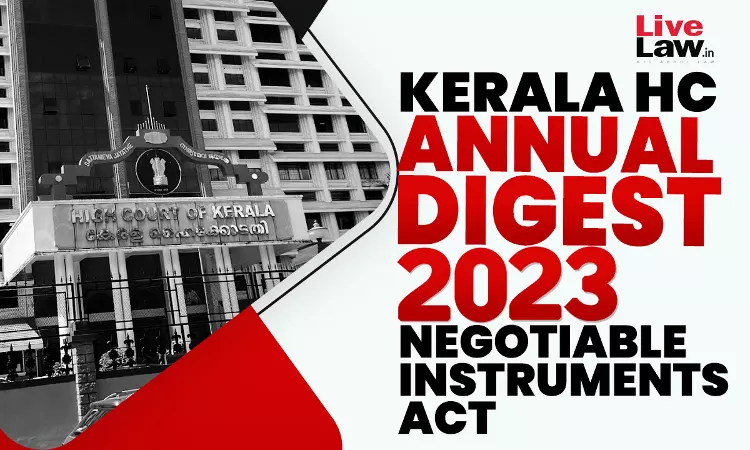Next Story
25 Jan 2024 3:45 PM IST
Complainant U/S 138 NI Act Must Specifically Assert That Power Of Attorney Holder Has Knowledge Of Impugned Transaction: Kerala High CourtCase Title: Razak Mether v. State of Kerala and Anr.Citation: 2023 LiveLaw (Ker) 24The Kerala High Court observed that a complaint filed under Section 138 of the Negotiable Instruments Act through power of attorney holder is perfectly legal and...

